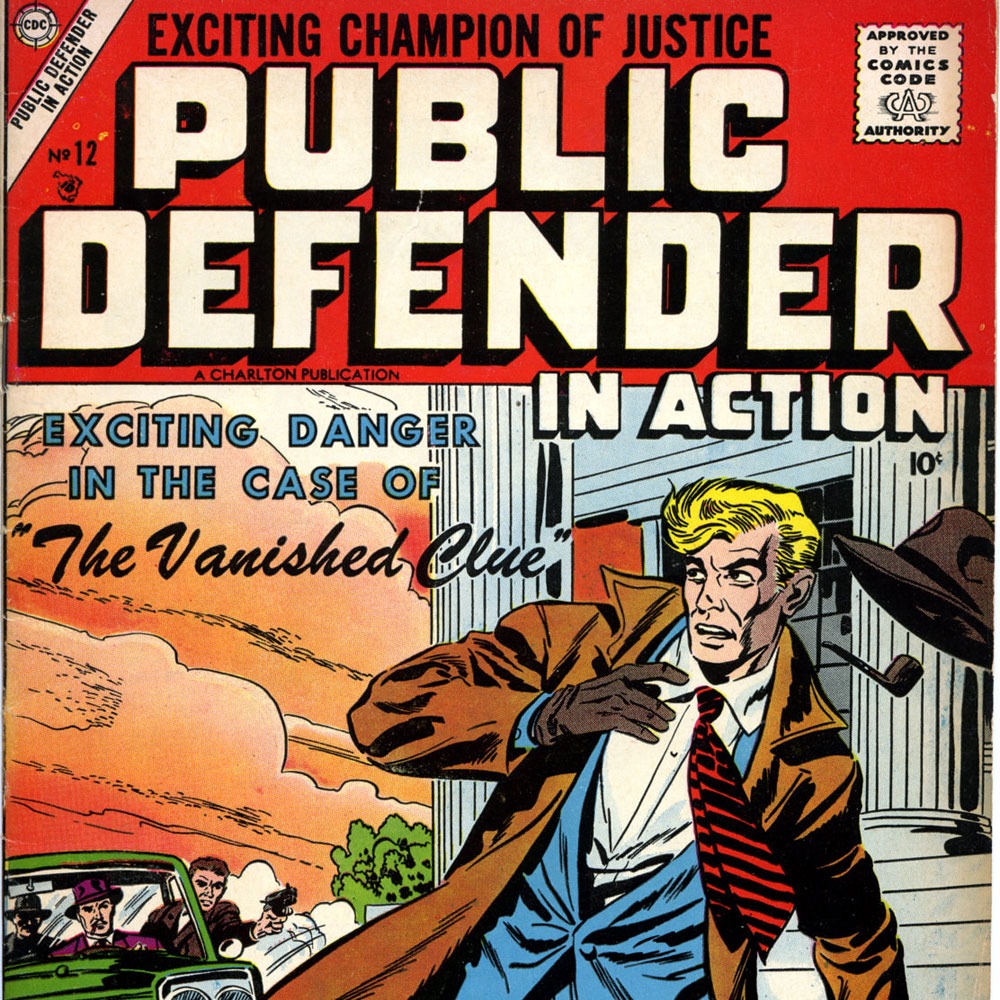
November 20, 2019; Kansas City Star
When you are poor and facing criminal court charges, you are entitled to a lawyer, as the US Supreme Court decided in 1963 in Gideon v. Wainwright. Most of the time, that lawyer is a public defender, providing you legal services at no charge. But if you live in Missouri, the public defender you may be working could have a caseload of close to 70 clients. (In one case, it was 763!) So you may not get a lot of time with your lawyer. Alas, Missouri, is not the only state where legal support is deficient; in Louisiana, it was found a few years ago that the average time spent by a New Orleans public defender on an individual’s case was seven minutes.
As in Louisiana, overburdened public defenders in Missouri have pushed for changes in their workload. But those who can authorize these changes are Missouri’s judges, who don’t seem inclined to do so. Instead, they are doing what is so often done, namely pushing public defenders to bypass ethics concerns that require them to handle cases competently and instead simply move faster to get cases settled.
The resulting situation is not pretty. The tension between judges and public defenders, particularly in Kansas City, rose two years ago to the level of packing a courtroom with public defenders saying they could take no more and the judge threatening the head public defender with jail time.
“They’ve simply turned a blind eye,” said Michael Barrett, who headed Missouri’s public defender system for the past four years.
Barrett said the judges are willing to cripple the public defender’s office because they don’t want them to actually defend the public.
“It forces the court to work because we are able to hold hearings and file motions,” Barrett said. “They don’t want us to do these things because it forces them to work. They just want us to facilitate pleas.”
Sign up for our free newsletters
Subscribe to NPQ's newsletters to have our top stories delivered directly to your inbox.
By signing up, you agree to our privacy policy and terms of use, and to receive messages from NPQ and our partners.
Critics have said it is symptomatic of courts that have turned to assembly-line justice.
In January of last year, Judge Richard Standridge ordered a public defender to take on three more cases in spite of his already having 68 open cases to deal with. Knowing that this was a violation of ethical obligations, the judge wrote the orders to protect the lawyer from being penalized by the ethics commission. He ordered him to behave unethically, and he also protected him from the consequences. This does not leave one feeling comfortable.
As this continues, those whom these public defenders serve are left with limited options. Of course, by definition, those receiving public defenders lack the means to hire a private attorney. Most who are accused of minor crimes will be left to plea bargain some sort of guilty plea to settle their case, even when they are innocent. For those accused of felonies, the stakes of course are even higher.
The Missouri courts operated for a number of years on an “early-disposition docket” where defense attorneys brought clients for expedited guilty pleas. But in 2017, the public defender’s office stopped this practice.
Kansas City public defender Erich Fonke said he couldn’t ethically advise a client without knowing the evidence.
“These are the people that it’s most easy for a judge to say, ‘Oh screw it, you don’t need all the discovery,’” he said. “It’s easy for people to want to just ball these people up and throw them away.”
Of course, it is precisely such pressures that have led to so many wrongful convictions, both in Missouri and other states.—Carole Levine













